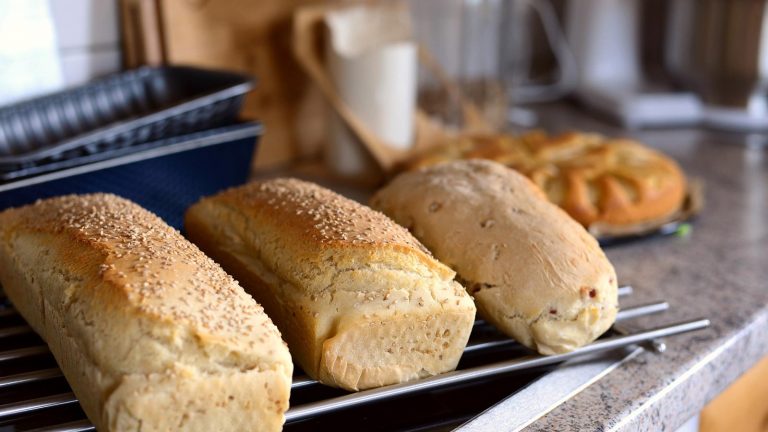Do you get compliments from family and friends when you cook or bake? Do you love the scrumptious smell and taste of lovingly created delicacies? If so, you may have the culinary skills and the passion to start a cooking business.
PROS:
- Doing what you love
- Perfecting your cooking skills, which you will need throughout your life
- Making friends and family happy
CONS:
- Food businesses are usually regulated by local government, so you’ll need to find out your state’s laws regarding the sale of food
- Mishandled food can make customers sick, creating potential liability issues. You will also need to think about customers’ food allergies
- Many laws limit the amount of sales a home baker can do in a year – typically somewhere in the low thousands. Anything over the limit and you’ll need to set up a commercial kitchen.
How to get started:
NOTE: Before you start your business, you should read the page on this website entitled “things to think about before you get started.” After you have taken the preliminary steps for starting any business, you can take the specific steps outlined below.
- Visit bakeries, cafes, and supermarkets near you to find out what they offer (that will help you decide on your niche product) and how much they charge (that will help you set your price).
- Prepare some sample goods and then survey friends, family and neighbors to help determine if there’s a market for your product. If you decide to sell cookies, for example, bake a batch and ask: Would you buy these cookies and how much would you pay?
- Google “food laws in [your state].” This will tell you what laws you will have to deal with and whether it is worth it.
- Cook or bake a test batch; that will give you an idea of the resources you will need, such as cooking spaces and ingredient suppliers.
- Acquire enough money to buy all the ingredients and equipment you need to get started and sell for at least the first month.
How much to charge:
At the very least, you want to cover your expenses. Let’s say you want to sell chocolate chip cookies. How much do the ingredients for a dozen cookies cost? How much will it cost for the marketing, packaging, and delivery of the cookies in a month? Add up all those costs and add in a little profit and you know how much money you have to make. If you’ve already decided how much people will pay for each cookie (or for three or a dozen), you can figure out how many cookies you have to sell.
Let’s say you have $100 in costs each month and you’ve decided to sell cookies for $1 apiece, three for $2.50 and a dozen for $10. (It’s always good to give a volume discount.) You need to sell 100 individual cookies, 40 packages of three or 10 dozen to break even.
Keep in mind that you may need to charge less than your competitors to gain customers, so you may have to sell at a loss as you get your business up and running.
(By the way, if you have created a business plan for your endeavor, which we strongly recommend, you will have at least the first six months planned out.)
Taking it to the next level:
Once you have gained a customer base and feel that you are ready to expand, here are some steps you can take:
- Advertise more widely: create fliers and brochures to post around town soliciting business.
- Create a website and start spreading the word through social media posts (for example on Facebook or Instagram).
- Explore selling at festivals, farmers’ markets, local cafes.
- Explore adding an online arm to your business.
- Remember that as you expand sales, you will also need to expand your facilities; if you are really successful, you may have to rent a commercial cooking or baking space.
Read even more marketing tips for your baking and cooking business




